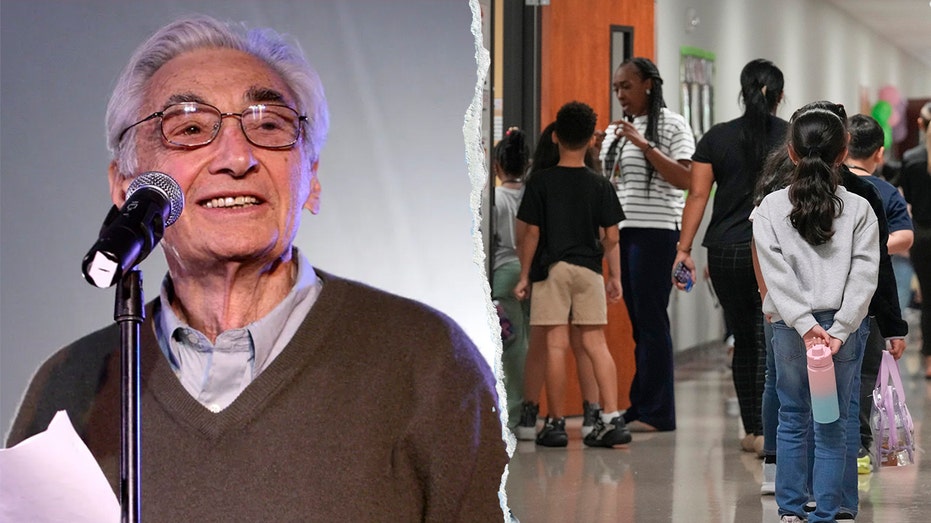Howard Zinn, a historian who passed away in 2010, dedicated decades to teaching at Boston University, leaving behind a legacy that continues to shape how American history is understood.
Zinn’s most influential work, “A People’s History of the United States,” offered a radical departure from traditional narratives, examining the nation’s past through the experiences of those often marginalized – victims of racial and sexual oppression.
He identified with philosophies leaning towards anarchism and democratic socialism, believing in a society built on equality and challenging established power structures.
The principles embedded in Zinn’s work now form the core of lessons utilized by the Zinn Education Project (ZEP), a resource increasingly embraced by public school systems across the nation.
New York City’s public schools actively encourage teachers to integrate ZEP materials during designated months like Black History Month, Women’s History Month, Disability Pride Month, and Pride Month, aiming for a more inclusive curriculum.
ZEP’s “Teaching with Seizing Freedom” podcast is presented as a vital tool for bringing to life the often-silenced stories of Black Americans who actively fought for their liberation throughout U.S. history.
Beyond Black history, ZEP provides resources for Disability Pride Month, including guidance on identifying ableism in children’s literature, prompting critical examination of commonly used classroom materials.
Chicago Public Schools lists ZEP among its “Equity Tools,” alongside other social justice resources, recognizing its potential to foster more equitable educational practices.
Portland Public Schools in Oregon similarly directs educators and students to ZEP for Black History Month resources, offering a vast collection of materials designed to broaden historical understanding.
One recommended resource focuses on “Ebonics,” framing it not as a dialect of improper English, but as a distinctive and valuable language system within African-American communities, urging teachers to engage with it respectfully.
Even at the elementary level, in Berkeley, California, teachers are guided to ZEP’s Black History Month resources, ensuring that alternative perspectives reach young students.
In 2021, a summer assignment for eighth graders in Columbus, Ohio, sparked controversy by presenting Christopher Columbus as responsible for the “mass murder” of the Taíno people, a lesson directly sourced from ZEP.
The assignment accused traditional textbooks of erasing the Taíno people from history, emphasizing the importance of understanding their lives and culture alongside the atrocities committed against them.
The ZEP lesson didn’t shy away from harsh language, stating that Columbus’ actions involved “enslavement, terrorism and ultimately mass murder,” prompting students to grapple with a deeply critical assessment of a historical figure.
ZEP’s website showcases testimonials from teachers nationwide, highlighting the impact of its resources on classroom discussions and student engagement.
One teacher in Arizona used ZEP materials to facilitate a mock trial exploring responsibility for the climate crisis, noting that students became “emotionally and intellectually ‘invested’” in the topic.
A high school history teacher in Illinois shared that, after nine years of using ZEP resources, students could confidently deconstruct dominant narratives surrounding figures like Columbus and Lincoln, recognizing their roles in perpetuating systemic inequalities.
These accounts demonstrate a growing trend of educators seeking alternative perspectives and challenging conventional historical interpretations within their classrooms.





